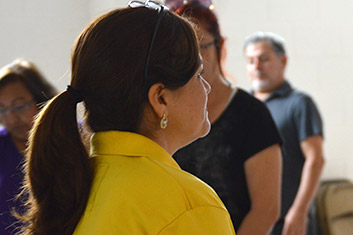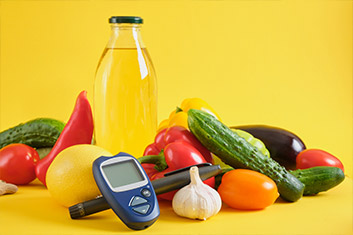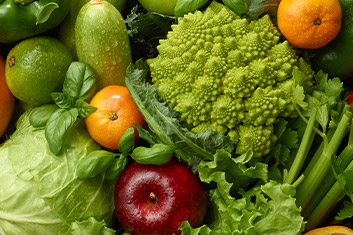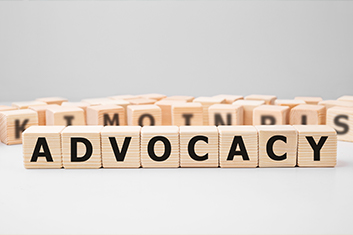Thank you for your interest. Someone will reach out to you as soon as possible. In the meantime, we’ve found some additional content you may be interested in.
Una entrevista con cuidadoras Latinas de adultos mayores
Encargarse del cuidado de un ser querido adulto mayor es posiblemente una de las tareas más desafiantes que alguien podrá enfrentar en su vida. En MHP Salud, nuestro personal por experiencia propia lo difícil que puede ser, especialmente mientras trabajan tiempo completo en durante una pandemia. Nos sentamos para platicar con dos empleadas de MHP Salud, las cuales están cuidando de sus padres mayores, Mónica Calderón, una Especialista de Recursos para Promotores de Salud, y Mónica García, una Directora de Programas. Por medio de nuestra conversación, echamos un vistazo a lo que ha sido para ellas como cuidadoras Latinas y que han aprendido de sus experiencias.
An Interview with Latina Caregivers of Older Adults
An Interview with Latina Caregivers of Older Adults [...]
MSAW and Latino Communities Managing Diabetes
Diabetes affects Americans of all socioeconomic statuses, races, cultures, and ethnicities. However, Hispanic/Latinos are at higher risk of having type 2 diabetes as compared to other ethnic groups. Migrant Seasonal Agricultural Workers (MSAWs) are predominate of Hispanic/Latino descent placing them at higher risk for type 2 diabetes.
Diabetes Prevention Strategies for the Whole Family
Hispanic/Latino Americans are a diverse group that includes people of various cultures and races. Hispanics are the largest minority in the United States and have higher rates of diabetes in both adults and children as compared to other racial/ethnic groups. 1 Latinos are among the fastest-growing groups in the United States and, yet, as a whole have low access to medical care and poor general health partly due to sociocultural factors related to economic status.
A Journey from CHW to CHW Supervisor
Aaron worked as a CHW at a small non-profit that focused on providing preventative oral care. His role included duties like outreach, health education, and cultural facilitation between patients and dentists. He had also naturally started leading his team and trained all incoming CHWs.
A Journey from CHW to Advocate
Cynthia had been a CHW for over ten years. She had experience working at both non-profits and health centers. She enjoyed working as a CHW and always had a passion for being a voice for the community. She had been in the CHW role for a long time and while she was passionate about the work, she desired to find something to further her professional development. She decided to look into other professions, like health educator, nursing, and social work. None of the roles she was seeing seemed like the right fit for her.






